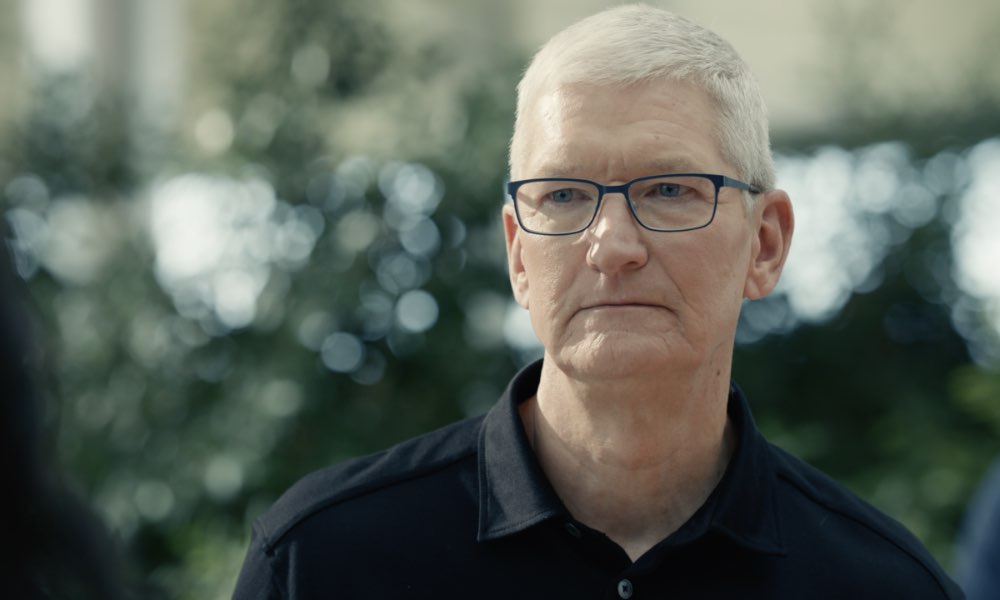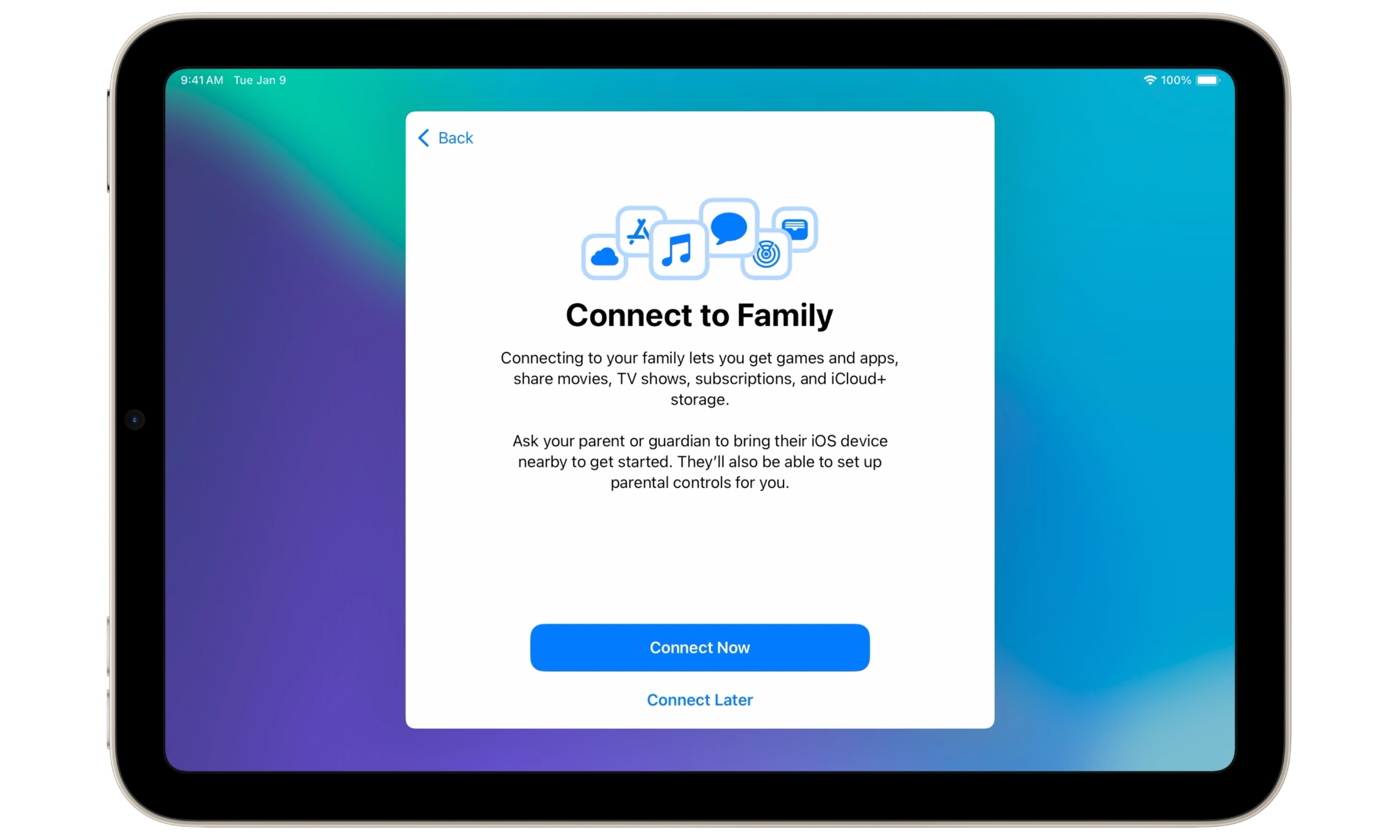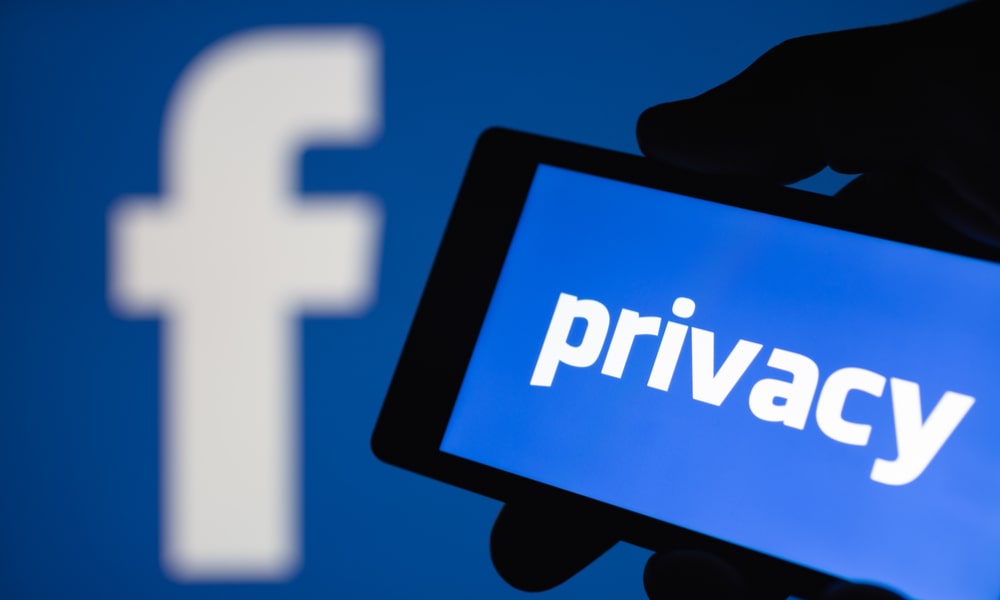Tim Cook Opposes Texas App Store Age Verification Law

Toggle Dark Mode
Although Apple is at the forefront of child privacy and safety features, many legislators still feel that the company isn’t doing enough to prevent children from accessing inappropriate content. Earlier this year, Utah passed a law that requires Apple to verify a user’s age when they sign up for an Apple Account. Now, Texas is about to do the same, but Apple CEO Tim Cook isn’t sitting still for this one.
According to The Wall Street Journal, Cook called Texas Governor Greg Abbott directly last week to ask for changes to the legislation or possibly even a veto by the governor. While Abbott hasn’t said whether he’ll sign the bill, it passed through the Texas legislature with more than two-thirds support — a number that many feel is a “veto-proof” majority.
As with the Utah bill, the new law doesn’t specifically target Apple. Google and other similar app marketplaces would also have to follow similar rules.
These new “app-store accountability laws” are being proposed in multiple states. While Utah is the only state where a new bill has been enacted, similar laws are being proposed in nine others, including Texas. Legislation is also on the table at the federal government level.
Lobbying both for and against these laws appears to be a game of “pass the buck” between social media platforms like Meta, X, and Snap, who are lobbying to put the responsibility for age verification on the app stores so they won’t have to deal with “age gating” users.
Meanwhile, Apple and Google maintain that this is the responsibility of the individual developers. It’s not that Apple is in any way opposed to age verification; it’s long supported age ratings on the App Store and “child” accounts that can be monitored and controlled by parents, including an “Ask to Buy” feature — but it doesn’t want to get in the business of handling the kind of sensitive information that would be required to verify users’ ages.
Apple believes it’s up to parents, rather than lawmakers, to manage their child’s device usage. In addition to the existing parental controls, which have been in place since 2014 when Family Sharing was introduced in iOS 8, Apple added new tools in iOS 18.4 to make this easier by streamlining the process of creating a Child Account when setting up a new device and allowing developers to determine a child’s general age range without needing a specific year or date of birth.
The company has maintained that asking for age verification for every user who signs up for an Apple Account to use the App Store would be overkill when only a small number of apps require age verification. Apple would effectively need to collect age verification data on every App Store user, both adults and kids, regardless of whether they ever planned to purchase or download age-restricted apps.
The right place to address the dangers of age restricted content online is the limited set of websites and apps that host that kind of content. After all, we ask merchants who sell alcohol in a mall to verify a buyer’s age by checking IDs — we don’t ask everyone to turn their date of birth over to the mall if they just want to go to the food court.
Apple
“If enacted, app marketplaces will be required to collect and keep sensitive personal identifying information for every Texan who wants to download an app, even if it’s an app that simply provides weather updates or sports scores,” an Apple spokesperson told the WSJ.
On the flip side, lobbyists for companies like Meta claim that bills requiring social media platforms to verify ages would violate freedom of speech. Meta also claims that verifying ages at the app store level preserves privacy by storing that data in fewer places. If social media and other apps that offer access to age-restricted services are forced to verify ages, then collecting scans of government-issued identification would be on them.









